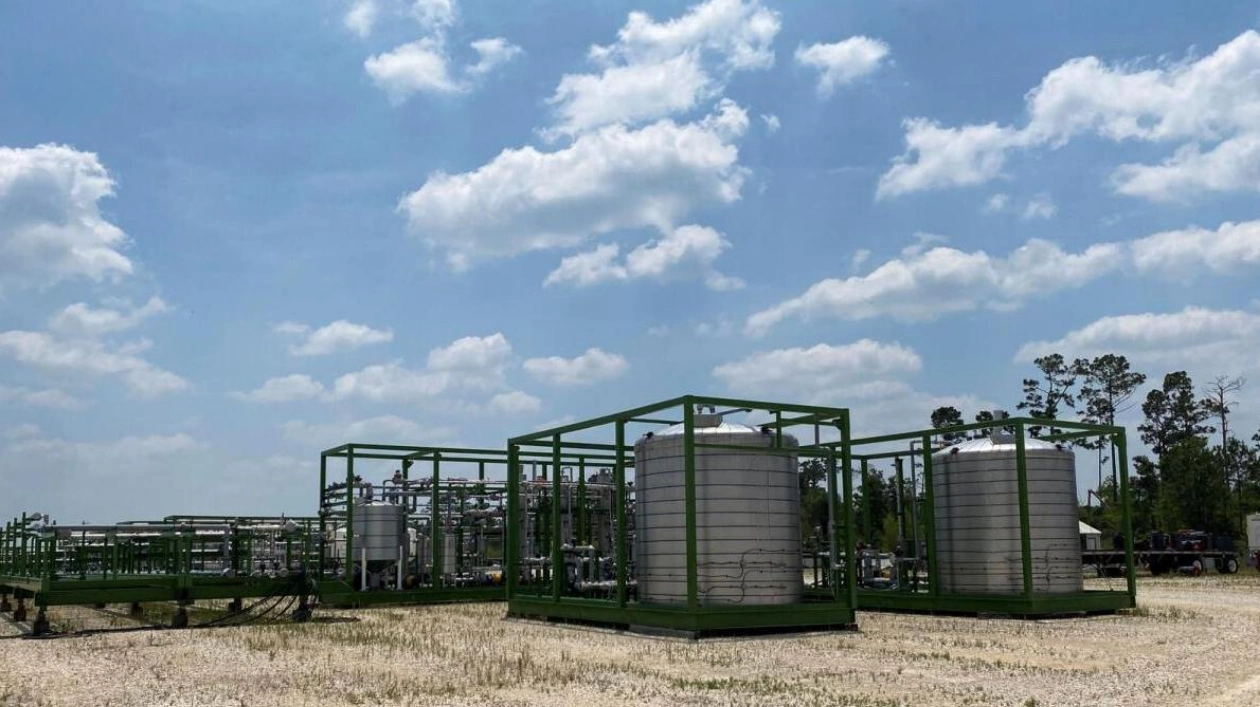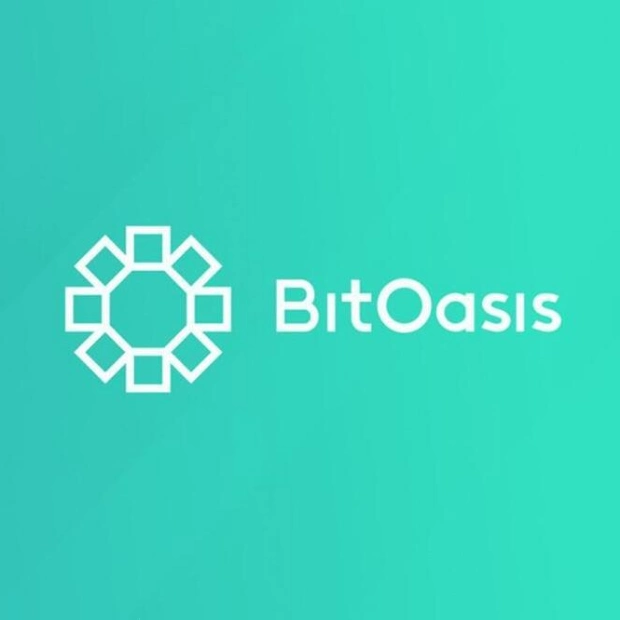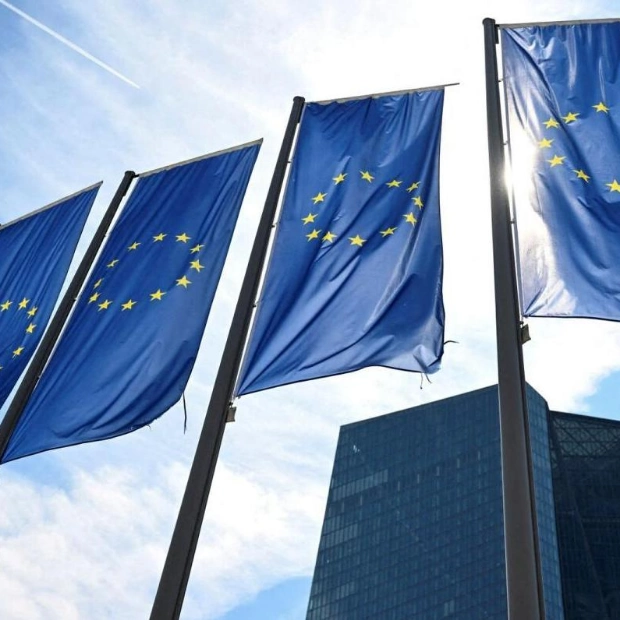In a significant advancement for the global shift towards clean energy, International Battery Metals (IBAT) has pioneered the commercial production of lithium using a cutting-edge filtration technology. This innovation is anticipated to accelerate and reduce the cost of lithium supply, crucial for electric vehicle batteries. IBAT commenced commercial production of lithium at a capacity of nearly 5,000 metric tons annually at a site in rural Utah, operated by US Magnesium. This breakthrough, previously unreported, positions IBAT ahead of competitors like Standard Lithium, SLB, Rio Tinto, and Eramet.
The company's direct lithium extraction (DLE) technology, developed to be portable, has garnered attention from industry investors, analysts, and customers who have long awaited commercial-scale output. Analysts predict that DLE technology could expand into a $10 billion industry within a decade, enhancing the speed and efficiency of lithium production for electric vehicle manufacturers and other sectors, similar to the impact of fracking and horizontal drilling on U.S. oil production. IBAT's technology is partly based on developments by its chairman, John Burba, during his tenure at Dow Chemical in the 1980s.
The U.S. Geological Survey estimates that approximately 70% of the world's lithium reserves are contained in salty brine deposits across Europe, Asia, North America, and elsewhere. Traditional methods of lithium production involve evaporation ponds or open-pit mining, which are water-intensive and time-consuming. DLE technologies, which aim to extract over 90% of lithium from brines compared to about 50% with ponds, offer a more efficient alternative. While DLE technologies vary, they function similarly to household water softeners.
Despite the potential of DLE, its widespread adoption faces challenges due to the varied chemical compositions of brine deposits worldwide. For instance, Chinese deposits are rich in magnesium, and Bolivian deposits contain high levels of potassium. Separating lithium from these and other co-mingled metals in brines has proven difficult, complicating the development of a universal DLE technology. Additionally, the corrosive nature of lithium, being a salt, adds to the technical challenges.
IBAT's success comes amid a significant drop in lithium prices, leading to layoffs in the industry. Despite this, IBAT plans to expand its operations globally. The company attributes its commercial success partly to its relatively small, portable plants, which can be assembled and disassembled for reuse at different sites, reducing construction costs. Each plant costs between $50 million to $60 million, significantly less than larger, permanent facilities.
US Magnesium chose IBAT's process for its portability and the unique adsorption material used to filter lithium from brine, developed by Burba. The partnership allows US Magnesium to sell lithium produced using IBAT's technology and pay IBAT a royalty. IBAT's technology also emphasizes water recycling, aiming to reuse over 98% of the water it uses, which is crucial given the stringent water regulations in Utah.






